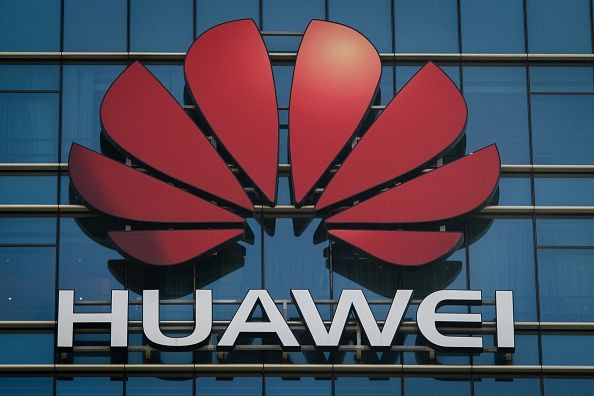Huawei Blacklist: Economic, Political Pressure Forcing Trump To Ease Restrictions On Chinese Telecom Giant?

A senior U.S. official told Reuters that the Trump administration could approve new licenses for U.S. companies to do business with Chinese telecommunications giant Huawei and that the changes could be made in the next two weeks.
Huawei has been blacklisted by the Trump administration since May over allegations that its equipment could be used to spy on the United States. American companies are banned from selling goods to Huawei as part of the blacklist.
The tensions began in December when Meng Wanzhou, the chief executive officer of Huawei, was arrested in Vancouver, Canada, at an extradition request of the U.S. on bank and wire fraud allegations.
In January, the Justice Department and FBI announced charges against Huawei on not just fraud but also intellectual property theft and obstruction of justice.
As part of the charges, Huawei was accused of copycatting a device-testing robot named "Tappy" that was being made by U.S. telecom company T-Mobile.
FBI Director Chris Wray has said that firms like Huawei "pose a direct threat to both our economic and national security and the magnitude of these charges make clear just how seriously the FBI takes this threat."
An attempt by the Trump administration to ease the restrictions of the blacklist against Huawei may be a reaction to pressure from U.S. companies such as Intel (INTL) that provide computer chips to Huawei. Other chip suppliers, such as Qualcomm and Xilinx, have also quietly lobbied the Commerce Department to ease the restrictions.
China's foreign minister Wang Yi has called the blacklist "typical economic bullying," by the U.S.
U.S.-China relations are tense, as the two countries remain engaged in a trade war after Trump increased tariffs earlier this year on up to 25% on $200 billion of Chinese goods. China retaliated with tariffs, which have particularly hurt the U.S. farming sector.
© Copyright IBTimes 2024. All rights reserved.





















